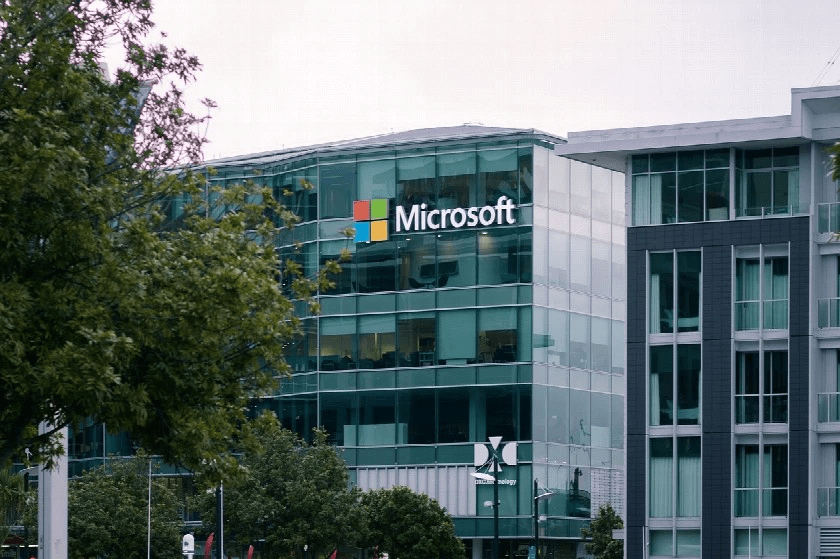The tech industry is undergoing a significant transformation in 2025, as major players like Microsoft, Google, Meta, IBM, PwC, and Chegg Inc. execute widespread layoffs. According to a recent report, these companies are redirecting resources to bolster their AI capabilities, which is reshaping the workforce landscape.
Read also: US Labor Market Shows Signs of Cooling Amid Low Layoffs
Microsoft has been a frontrunner in this wave of layoffs, having let go of nearly 15,000 employees this year, which constitutes almost 4% of its global workforce. CEO Satya Nadella has emphasized the company’s AI transformation, revealing that AI now contributes to 20% to 30% of the code written at Microsoft. This shift is part of an $80 billion investment in AI infrastructure, sparking debates about the future role of human engineers.
Industry analysts, such as Deedy Das from Menlo Ventures, suggest that the layoffs are not merely about AI replacing human roles but are more about reallocating capital towards AI investments. This sentiment is echoed by tech commentator Wes Roth, who notes, “This isn’t about AI replacing humans yet—it’s about restructuring to fund AI initiatives.”
IBM has also made substantial cuts, eliminating around 8,000 jobs in HR and other departments as AI tools take over routine tasks. Simultaneously, the company is ramping up hiring for engineers and salespeople, indicating a pivot towards roles that demand creativity and complex decision-making. Google and Meta have followed suit, with Meta reducing its workforce by 3,600 employees and Google trimming roles in its Android, Pixel, and Chrome teams. Both companies aim to streamline operations and focus on AI investments. Additionally, PwC and Chegg Inc. have joined the trend, with PwC cutting approximately 1,500 jobs and Chegg reducing its workforce by 22% as AI-powered study tools gain popularity among students.
As AI becomes integral to business operations, tech companies are redefining productivity, with some jobs being fundamentally displaced. While there is ongoing debate about whether these jobs are gone for good, leaders like Meta’s Mark Zuckerberg and Amazon’s Andy Jassy acknowledge AI’s potential to perform tasks traditionally done by humans. Meanwhile, industry figures like Bill Gates and Nvidia’s Jensen Huang foresee a future where AI will transform job roles across the board.

